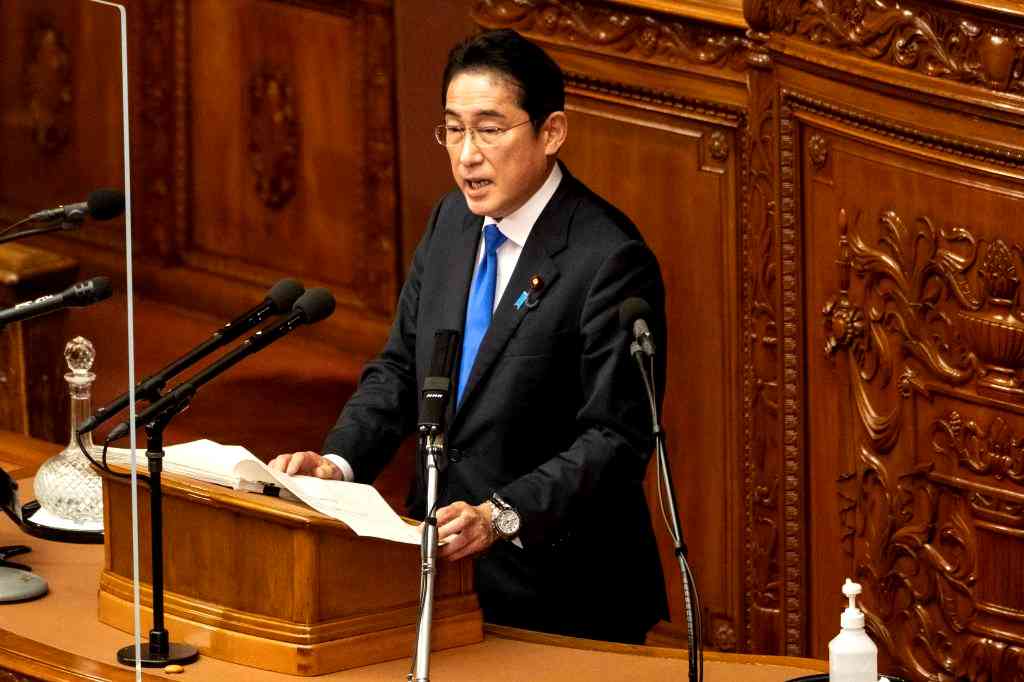1.5 million people in Japan are living as social recluses after COVID-19


By Ines Shin
April 4, 2023
According to a recent government survey, approximately 1 in 50 Japanese citizens are living as “hikikomori,” or individuals who isolate themselves from society for extended periods, due to the pressures of the COVID-19 pandemic.
On Friday, Cabinet Office officials announced the results of a survey conducted in November 2022, which randomly surveyed 30,000 individuals between 10 and 69 years old.
The study was the first conducted by the Cabinet Office on a wide range of ages regarding the hikikomori phenomenon. Previous studies focused mainly on younger individuals who isolate themselves by not attending school. However, this latest study revealed that the issues often persist into adulthood.
The survey found that one in five hikikomori became socially isolated due to lifestyle changes and health concerns during the pandemic, with six out of 10 social recluses being male.
Of those surveyed between the ages of 15 and 39, 20.8% reported social relation difficulties as the cause of their social isolation, while 18.1% cited the pandemic as the primary reason.
The study identified individuals as hikikomori if they had been isolated for at least six months.
The results revealed that 21.5% of social hermits between the ages of 15 and 39 had experienced isolation for over six months but less than a year. Meanwhile, 21.9% of those between the ages of 40 and 64 reported isolation for three years or less.
Although Japan did not enforce strict lockdowns during the pandemic, many employers and schools implemented remote strategies to reduce the spread of the virus.
A Cabinet Office official noted that it was not uncommon for people to become hikikomori during the pandemic, as many chose to work from home and take online classes.
Efforts are underway in various wards in Japan to reintegrate hikikomori into society. Notably, in Edogawa, over 9,000 people identified themselves as hikikomori in a survey conducted in 2021, including students who had stopped attending school.
Starting in June, the ward intends to organize social events in the metaverse, enabling hikikomori to re-socialize themselves through avatars.
Takeshi Saito, the mayor of the ward, has expressed his optimism that these events will benefit some individuals. However, he also acknowledged that the metaverse alone cannot solve the entire problem.
“We are targeting those who can’t leave their rooms and haven’t been interacting with other people. We want to help them take a step forward,” he said.
Share this Article
Share this Article





